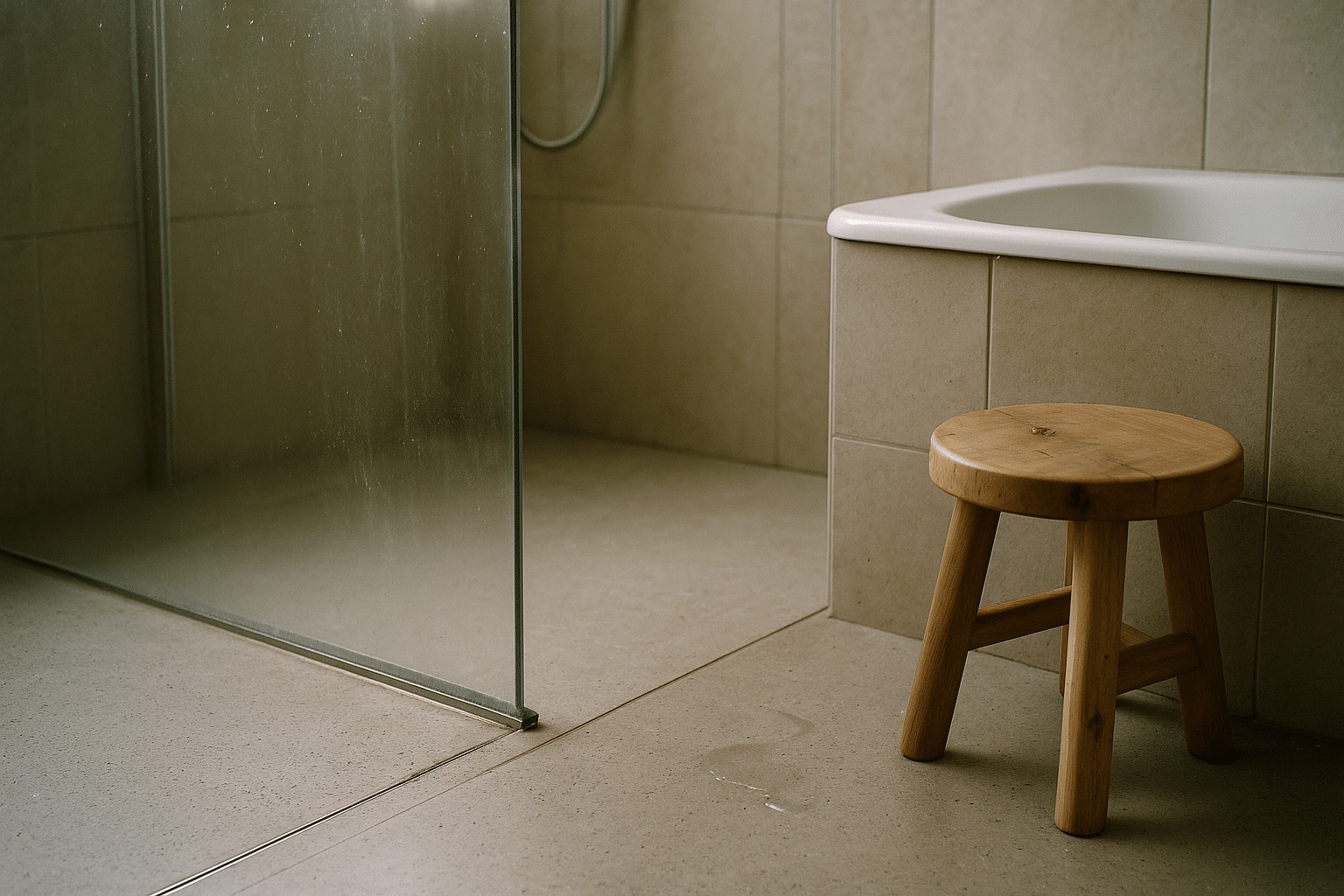
The Impact of Fitness on Sleep Quality and Mental Clarity
As we navigate our daily routines, the connection between physical fitness and mental well-being becomes increasingly evident. One area where this relationship is particularly profound is in the realm of sleep quality and mental clarity.
The Link Between Fitness and Sleep Quality
Regular physical activity plays a crucial role in enhancing sleep quality. According to the Sleep Foundation, individuals who engage in moderate aerobic exercise report improvements in their sleep patterns. Exercise helps regulate the body’s internal clock, promotes longer periods of deep sleep, and reduces the time it takes to fall asleep.
Dr. Michael Grandner, director of the Sleep and Health Research Program, emphasizes, ‘Exercise is a great way to help you fall asleep more quickly and sleep more soundly.’
How Fitness Boosts Mental Clarity
Engaging in physical activity doesn’t just benefit the body; it also aids the mind. Studies have shown that regular exercise can lead to improved cognitive function, better memory retention, and enhanced concentration. This is due to increased blood flow to the brain, which nourishes brain cells and promotes the growth of new connections.
Relevant Research Findings
| Study | Finding |
|---|---|
| Journal of Clinical Sleep Medicine | Exercise reduces the time it takes to fall asleep by 55%. |
| British Journal of Sports Medicine | Physical activity increases cognitive performance by 20%. |
| American Journal of Lifestyle Medicine | Regular exercise is linked to a 15% improvement in sleep quality. |
| Psychology Today | Exercise can reduce feelings of anxiety and depression. |
| Sleep Medicine Reviews | Physical activity improves sleep efficiency and duration. |
| Journal of Sports Sciences | Active individuals experience reduced fatigue and more energy. |
| International Journal of Behavioral Nutrition and Physical Activity | Exercise enhances brain function and mood. |
| Current Biology | Morning exercise increases alertness and mental clarity. |
Personal Experiences
Let’s consider the experience of Mark, a marketing executive who struggled with insomnia. After incorporating a daily 30-minute walk into his routine, he noticed not only a significant improvement in his sleep but also increased focus and productivity at work.
Actionable Tips for Better Sleep and Mental Clarity
- Consistency is Key: Aim for at least 150 minutes of moderate aerobic activity per week. Consistent routines help in establishing better sleep patterns.
- Mindful Movement: Incorporate activities such as yoga or tai chi to reduce stress levels and promote relaxation.
- Timing Matters: Avoid vigorous exercise close to bedtime, as it may increase alertness.
- Listen to Your Body: Choose exercises that you enjoy and that match your fitness level to maintain motivation.
Conclusion
Fitness is a powerful tool in improving both sleep quality and mental clarity. By understanding and leveraging this connection, we can foster a healthier, more balanced lifestyle. Whether through a morning jog, an evening yoga session, or a weekend hike, integrating physical activity into your routine is a step toward better mental and physical health.
Frequently Asked Questions
Can exercise help with insomnia?
Yes, regular physical activity can improve sleep patterns and reduce symptoms of insomnia.
What is the best time to exercise for better sleep?
Exercising in the morning or afternoon is generally recommended, as it can help regulate the sleep-wake cycle.
How does exercise affect mental clarity?
Exercise increases blood flow to the brain, which enhances cognitive functions such as memory and concentration.
Is there a specific type of exercise that is best for sleep?
While all exercise is beneficial, activities like yoga and tai chi are particularly good for promoting relaxation and better sleep.


